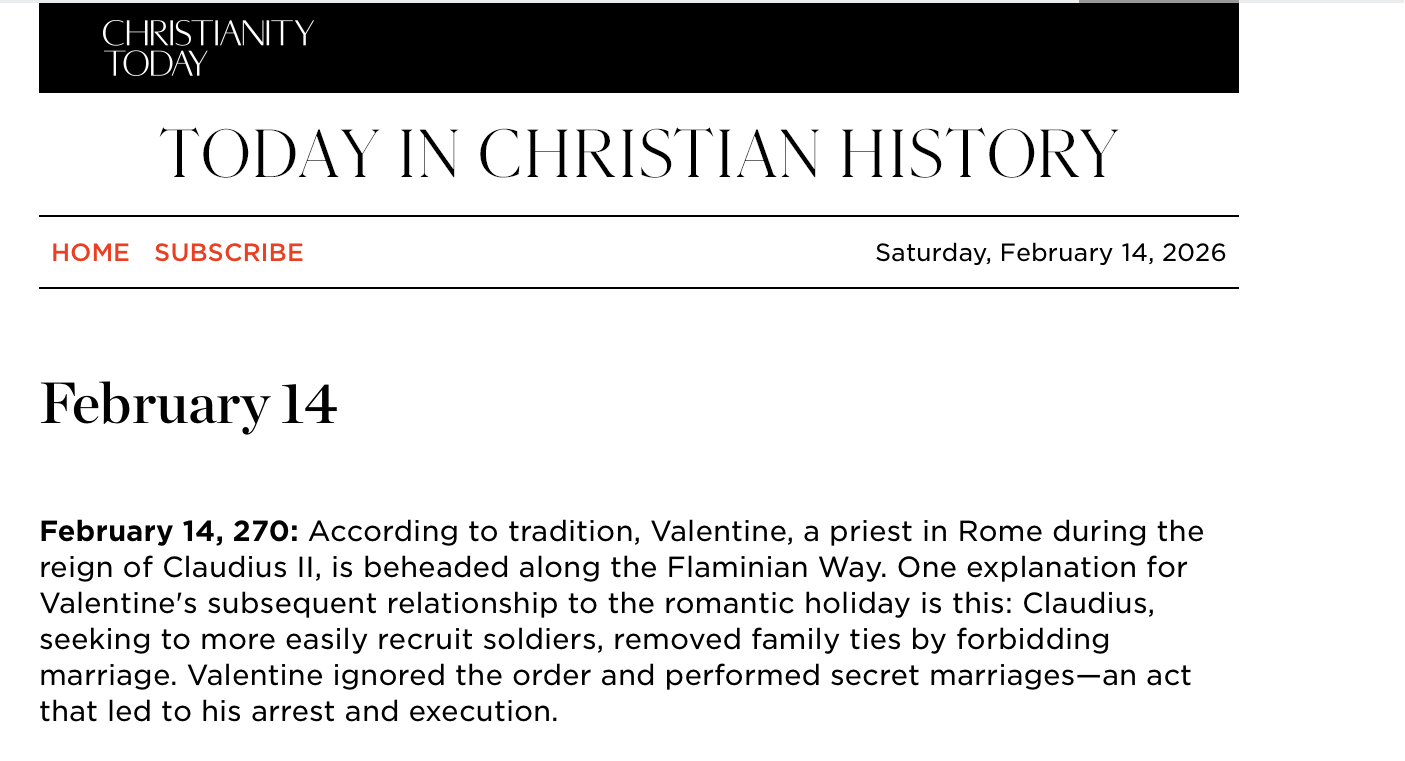Reading Marsden again today and this passage has me thinking about all the “is revival happening” discourse in my feeds recently:
One other chief consequence of the lack of an institutional church base, and of the declining role of the traditional denominations, is that evangelicalism’s vaunted challenge to the secular culture becomes increasingly difficult to sustain. The movement depends on free enterprise and popular appeal. To some extent conservative churches grow because they promise certainty in times of uncertainty, and the name of the old-time gospel. Yet, with a few institutional restraints on what message may legitimately be proclaimed, the laws of the market invite mixes of the gospel with various popular appeals. So the evangelical challenges to the secular “modern mind“ are likely to be compromised by the innovative, oversimplifications and concessions to the popular spirit of the age. Hence, as is often the case in church history, the advance of the gospel is bound up with the advance of secularization within the church. Perhaps this conjunction is inevitable in a fallen world. The tares will grow with the wheat. (p. 82)
I think one can make an argument that the “spirit of our age” is fierce nationalism: we collectively define and then fiercely protect the borders/boundaries that cohesively give shape to whom we extend solidarity. The dynamic Marsden frames above is why I think conservative culture-warriors are so quick to align revival with their sociopolitical program. They see themselves as “gospel” guardians, but their gospel is more about appealing to a “god-and-country” milieu that will buy the arena tickets, books, advertised products that sponsor their content product, and register to vote for their preferred candidates. Tares and wheat indeed.







